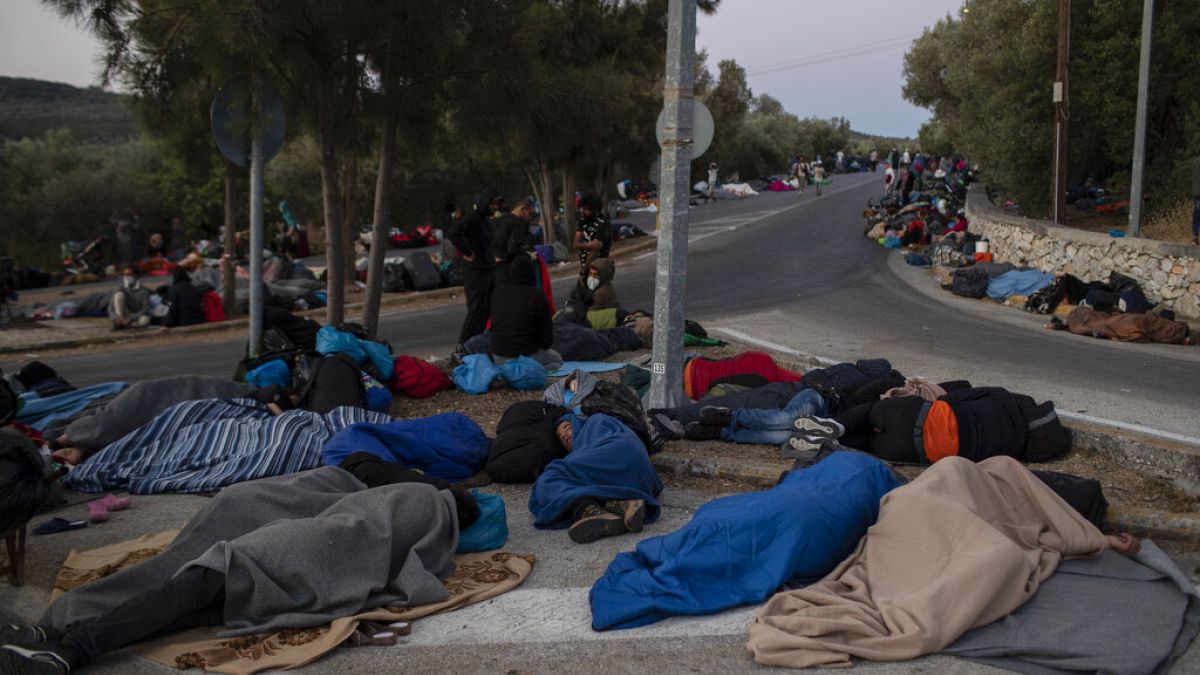Instead of deterring illegal migrants, the EU system actually encourages people to attempt the journey to Europe, says an EU auditors report.
Inefficiencies in the European Union's system for returning illegal migrants to their countries of origin have the opposite effect to that intended, according to a special auditors report.
Instead of putting people off from making the journey to Europe, they are actually encouraged to do so, according to the European Court of Auditors (ECA).
In the report published on Monday, the ECA said that of around 500,000 people who have been ordered to leave the EU since 2008, only 29% were finally deported. But just 19% -– barely one in five –- who entered from outside continental Europe have been sent back.
Chief auditor Leo Brincat told reporters that "effective" deportations are an "essential part of a comprehensive migratory policy".
"Nevertheless, the current EU returns system suffers greatly from inefficiencies that lead to the opposite of the intended effect: encouraging, rather than discouraging, illegal migration," he added.
The report warns however that any attempts to force countries to take their citizens back by coercion could be counterproductive.
The EU has been deeply divided over how best to manage the arrival of unauthorised migrants since well over a million people entered in 2015, most of them Syrians and Iraqis arriving in Greece in search of sanctuary in Europe.
But most EU nations agree that the focus should be on stopping migrants from entering in the first place by sealing deals with countries they came from or transit through, and on deporting more who are not entitled to stay.
Brincat said he expected the auditors' report to feed into the debate on the EU’s New Pact on Migration and Asylum, introduced last year in an attempt to produce a cohesive policy across the bloc.
The report noted the EU is divided over whether to use coercive measures like withholding development aid or sanctions or employ political and economic incentives to encourage other nations to cooperate on migrant management.
In particular, the commission has warned that it would use its visa policy to encourage countries to take their citizens back. In July, after many Iraqi migrants crossed from Belarus into EU member Lithuania, the commission threatened to impose visa restrictions on Iraqi diplomats and officials.
The move was meant to "stimulate Iraq to improve its cooperation" in accepting the return of its citizens who are refused entry into Europe, according to the commission. Flights from Iraq into the Belarusian capital of Minsk -– once numbering four a week -– abruptly stopped.
But Brincat said "the bottom line, if you ask me, is that you cannot force cooperation by threatening a country to fall into place. It has to be a give and take arrangement, and there has to be one important component between both sides: the element of trust".
Brincat urged the commission to rapidly develop incentives to encourage outside countries to take their people back, but said that visa restrictions "will continue to be used on several occasions".


